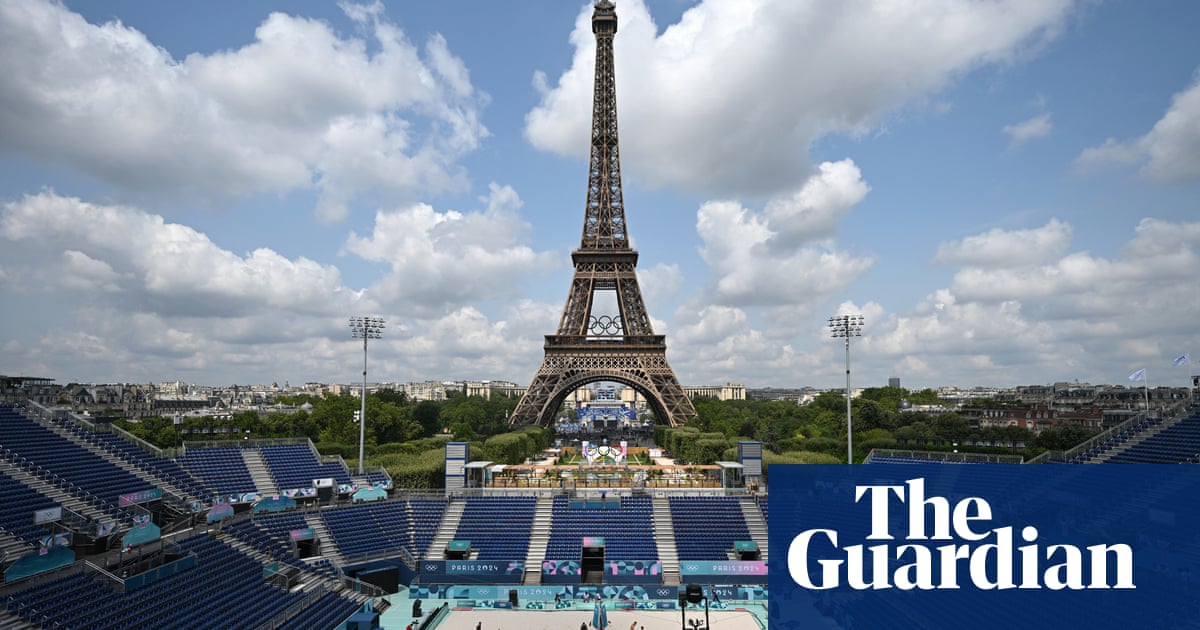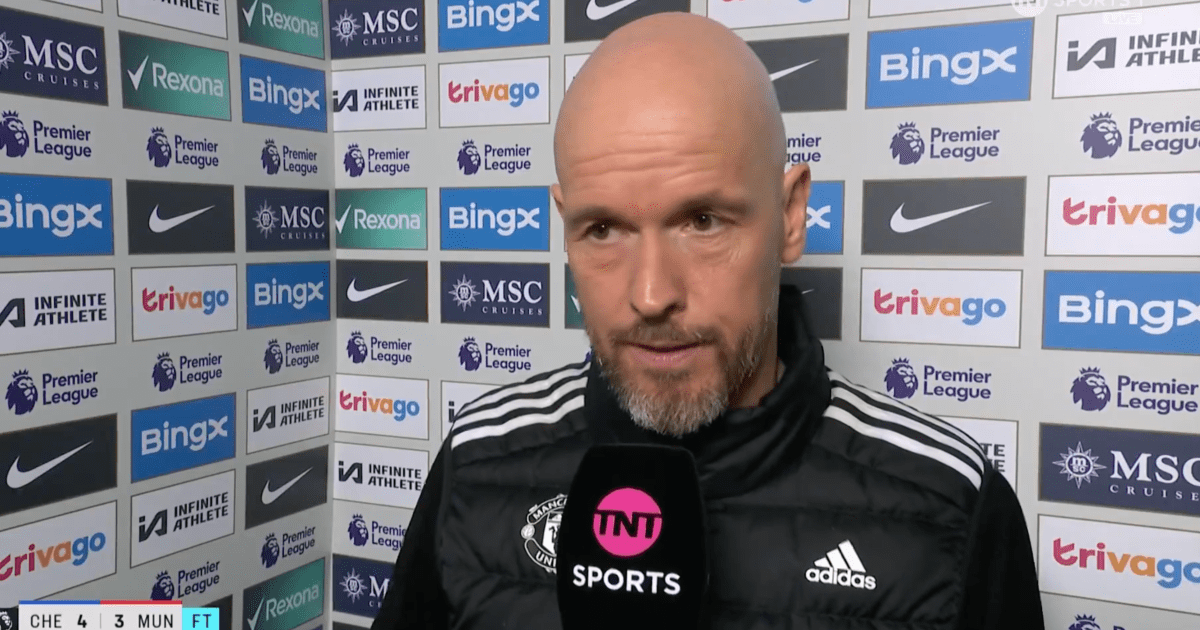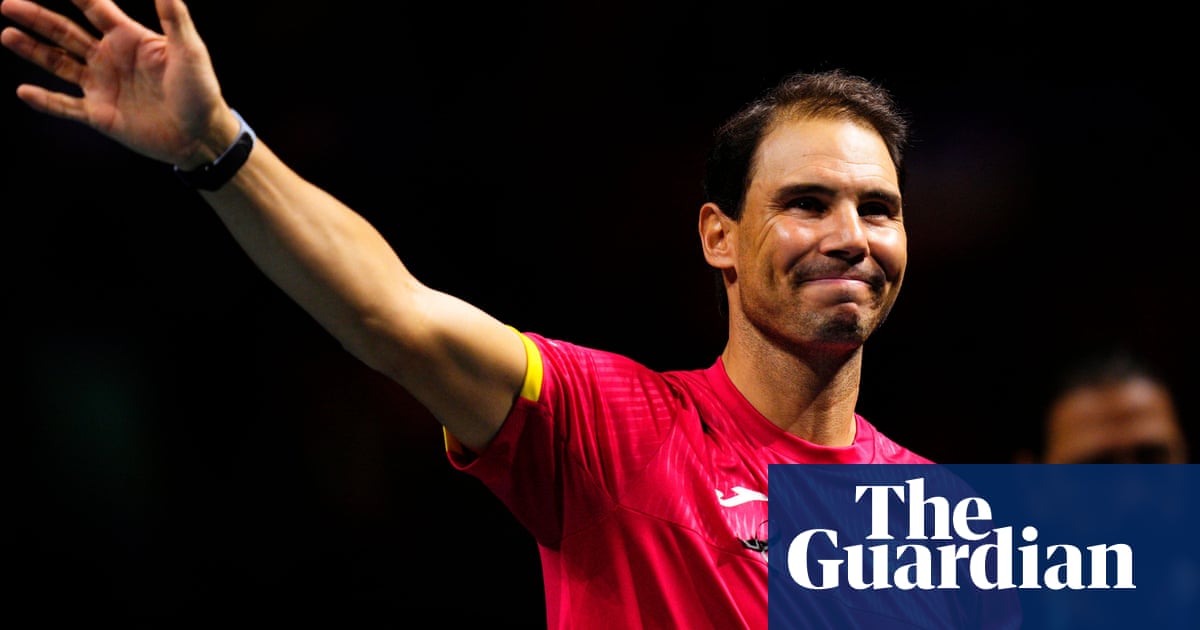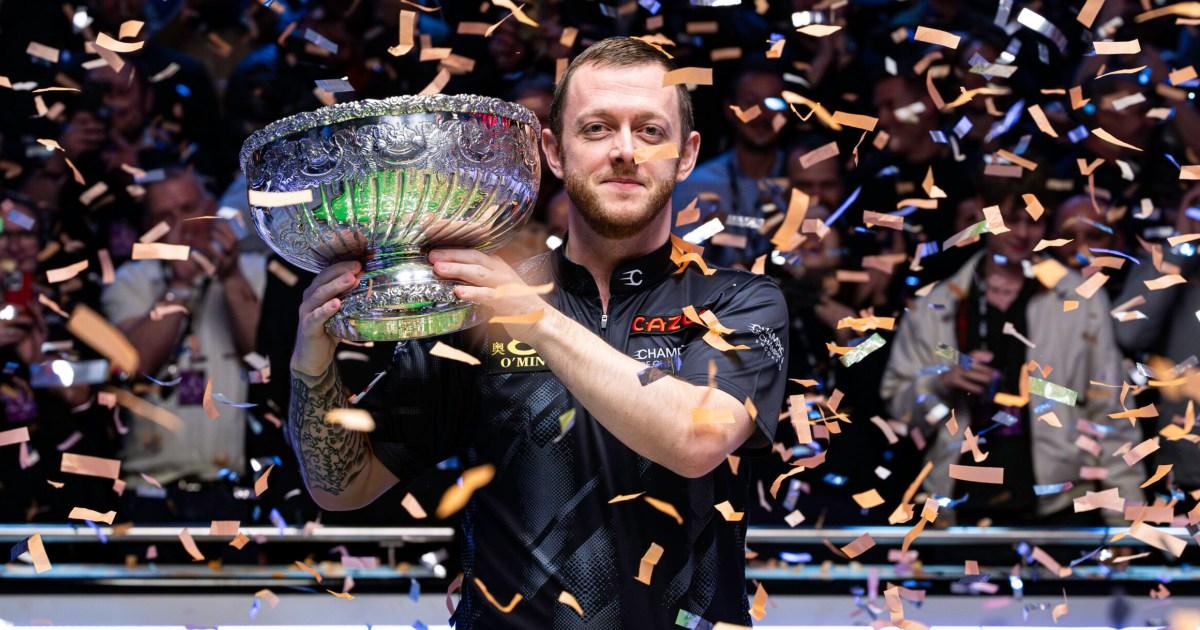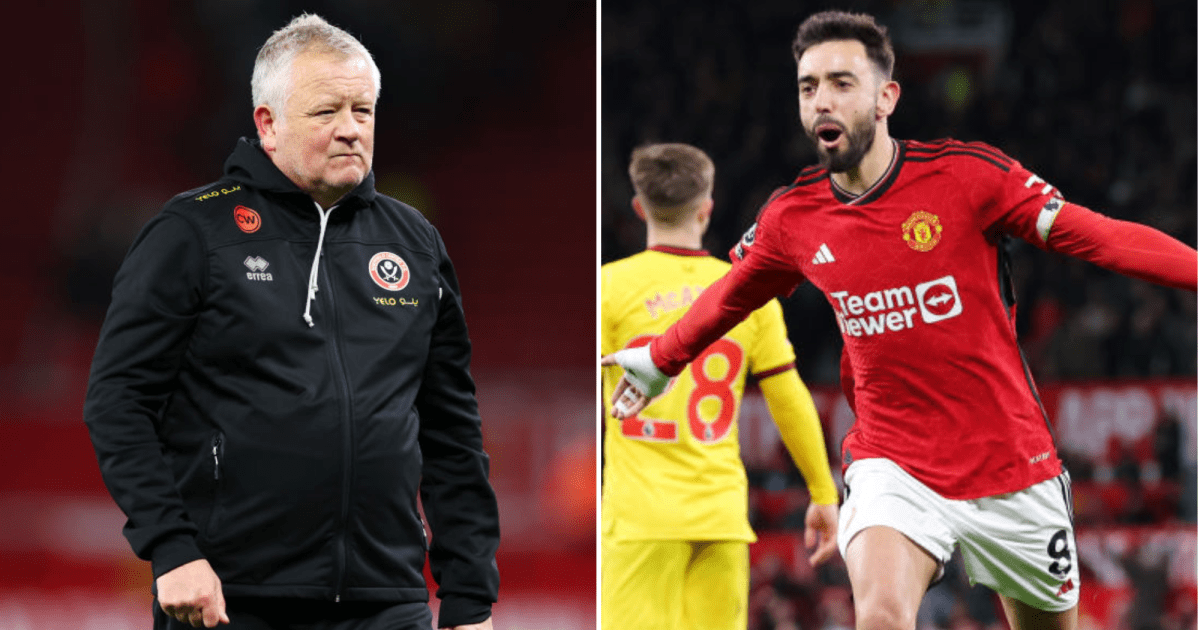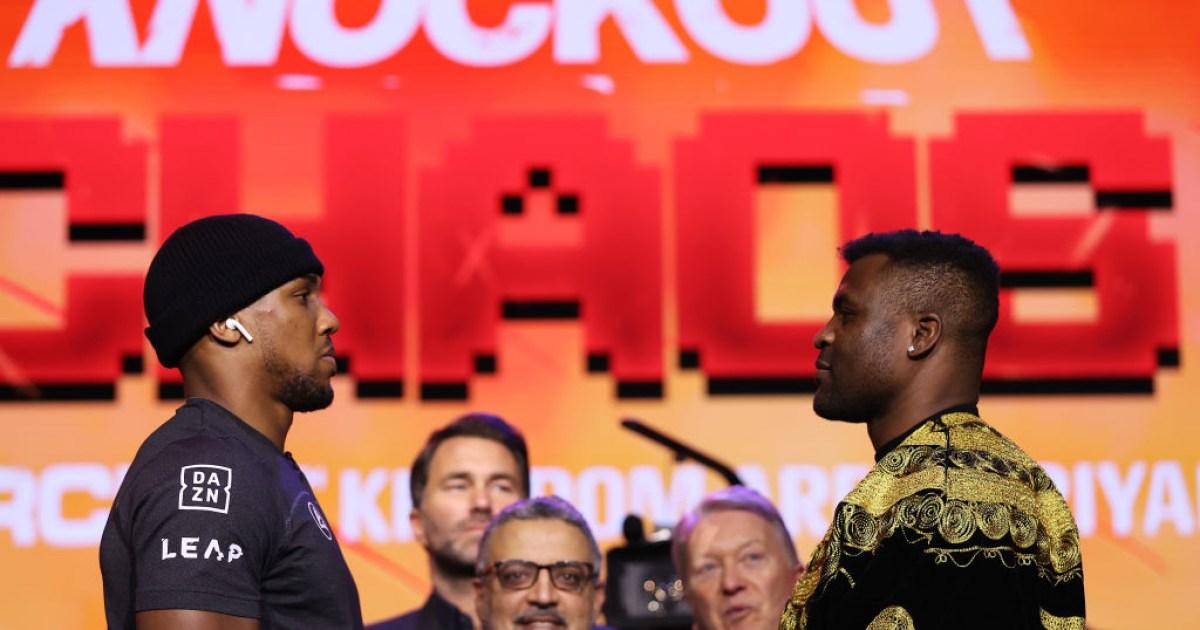Eighty-five barges will float down the Seine on Friday, Saturday morning AEST, to officially open the Paris Olympics, a final meander for the athletes before the games end and the Games begin. Australia’s chef de mission Anna Meares, when asked on Thursday how many medals the team will win, said bluntly: “As many as we can get.”
Her response was partly in jest, a wry acknowledgment of the question she has been asked perhaps more than any other in the build-up to the Games. But it offered a plain description of the Olympics’ ruthless character.
The ultimate answer – delivered by the medal tally in a little over two weeks – will determine to what extent Australia’s Olympic efforts, the hundreds of millions of dollars spent in qualifying 460 athletes for the Games, and the millions of hours the athletes have collectively committed to their sporting pursuits, were worthwhile.
As a former athlete, Meares has sought to temper medal mania, and encourage an appreciation of the individual goals of each of her athletes. “Our best result in terms of medal tallies has been 17 gold medals. We’ll have a team of 460 in Paris, I just can’t accept that 443 athletes won’t be deemed as successful if they don’t come home with a gold medal,” she told Guardian Australia in the lead-up to the Games. “But those gold medals are really important as well.”
In that context Australia’s first week is essential, given the swimming is scheduled for the first nine of the 16 formal days of competition. The Dolphins are coming off their best Olympic haul in Tokyo of nine gold, three silver and eight bronze. The momentum has only built from there, and the 13 golds won in the 2023 world championships put Australia above the US on a medal table for the first time since 2001.
Head coach Rohan Taylor is trying not let their internal medal projections dictate sentiment of the meet. “I don’t like to predict that and in my mind, you just get caught up in whether you’re ahead or behind,” he said on Thursday.
Zac Stubblety-Cook, the Tokyo 200m breaststroke gold medal winner, said that seeing the Paris pool this week has been an important milestone. “You spend the last three years looking to Paris and looking to these Games, and then all of a sudden it’s right in front of you,” he said ahead of the first events on the weekend. “It’s not necessarily a feeling of pressure, but more excitement and rising to that occasion.”
Bronte Campbell, who is competing in her fourth Olympics, said she felt the hit of adrenalin land for the first time this week. “This is why we do this,” she said. “We don’t train for three years, we don’t get up at 4am every morning, we don’t punish ourselves in the gym, we don’t give up and sacrifice every social thing that we’ve ever done in our lives to just keep doing that. We do it for the Olympic Games.”
Swimming has delivered the majority of Australia’s medals in its Olympic history: all up 67 of 95 golds, and that tally will increase in Paris. But optimism around Australia’s medal prospects at Paris comes as much from outside the pool as in.
Gold medals in Tokyo were won in canoeing, cycling, rowing, sailing and skateboarding, and Australia remains in contention again in all of those sports.
Flag-bearer Jess Fox will be a force again in the event she won in Tokyo, the C-1 canoe slalom, as well as the K-1 where she took home bronze. A new event, kayak cross, has been introduced in Paris, giving the 30-year-old a genuine chance at three golds. In canoe sprint, Tokyo gold medal-winning pair Jean van der Wetshuyzen and Thomas Green will compete again, the latter also taking part in the solo event.
after newsletter promotion
Keegan Palmer, Tokyo’s gold medal winner in men’s park skateboarding, is now joined by two teenagers, Arisa Trew in the women’s park and Chloe Covell in women’s street, as podium contenders. Matt Wearn is back in sailing’s dinghy class to defend his Olympic title. In BMX freestyle, Logan Martin will compete again after winning in Tokyo, and Saya Sakakibara in BMX racing is heavily fancied. And there are genuine chances of gold in golf, boxing, both road and track cycling, triathlon, diving, hockey, rugby sevens, surfing, tennis and equestrian.
Even in track and field, where Australia has traditionally struggled relative to other high-achieving Olympic teams, there are several genuine medal prospects. Pole vaulter Nina Kennedy won gold at the world championship last year, and Jessica Hull is in the mix in the 1500m after setting a world record in the 2000m two weeks ago. Add to that strong contenders in women’s high jump, and surpassing the record of 17 golds – won at Tokyo as well as in Athens in 2004 – would not be a surprise.
Gracenote, the data firm which compiles Olympic medal projections, believes Australia will fall just short and end up with 15 gold. But they also predict an overall haul of 54 medals, which would trail only the Sydney 2000 tally.
But whether the Australians end up doing it or not, Meares said it’s important to have a “respectful perspective” on the achievements of the whole team. “I would have loved to have competed without the medal tally,” she said. “It’s just a competition on top of a competition that makes it more stressful.”
